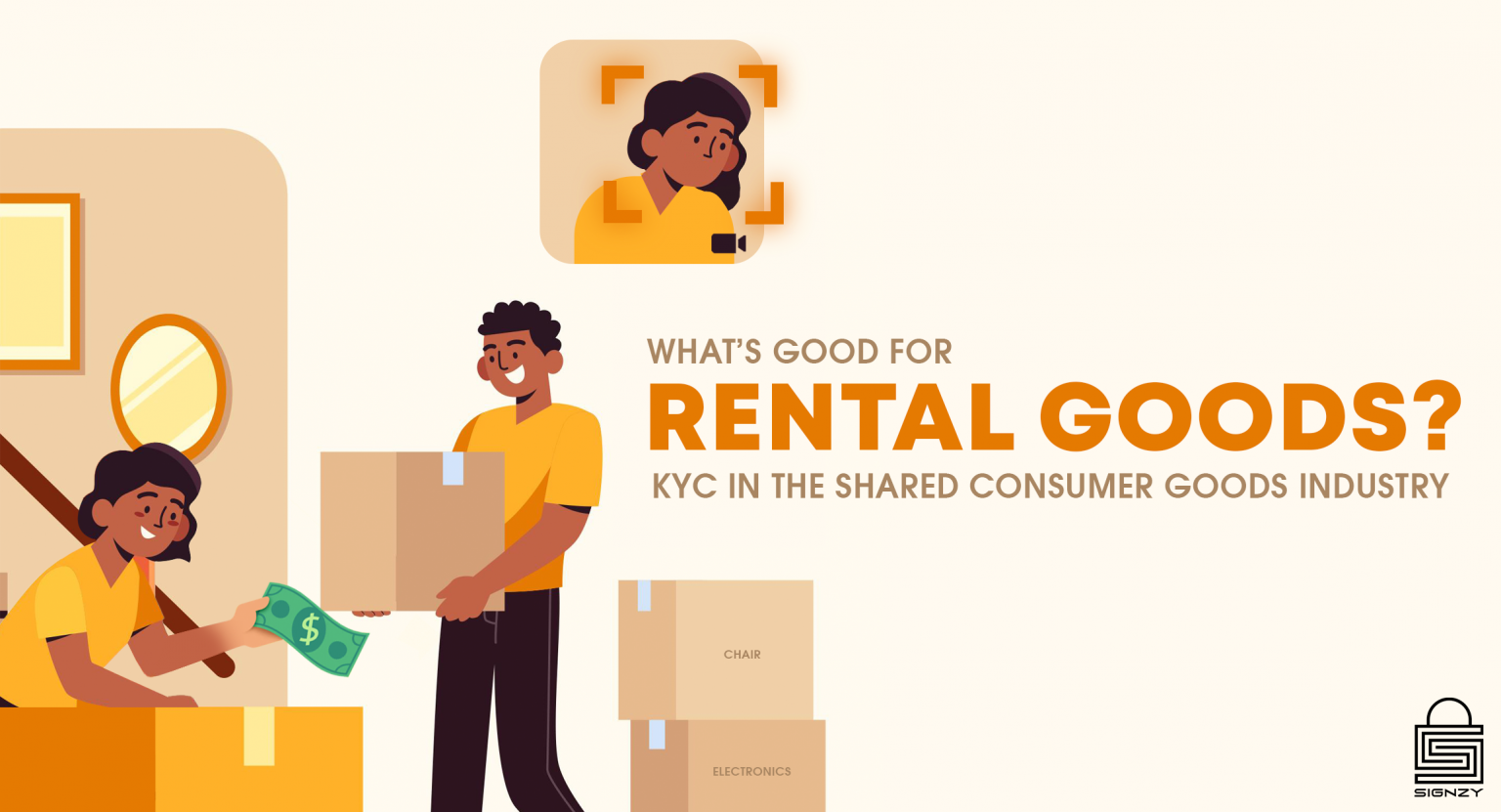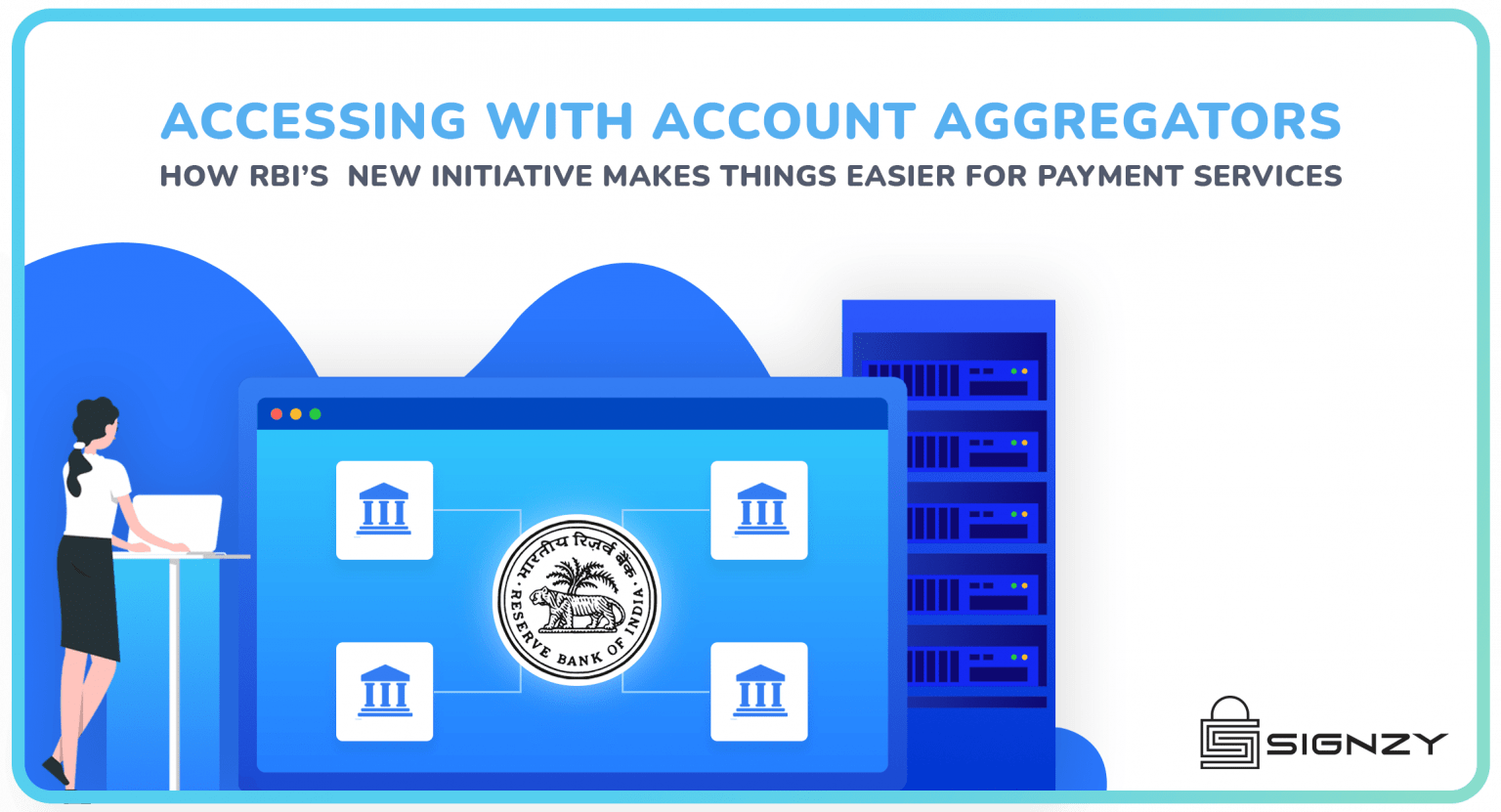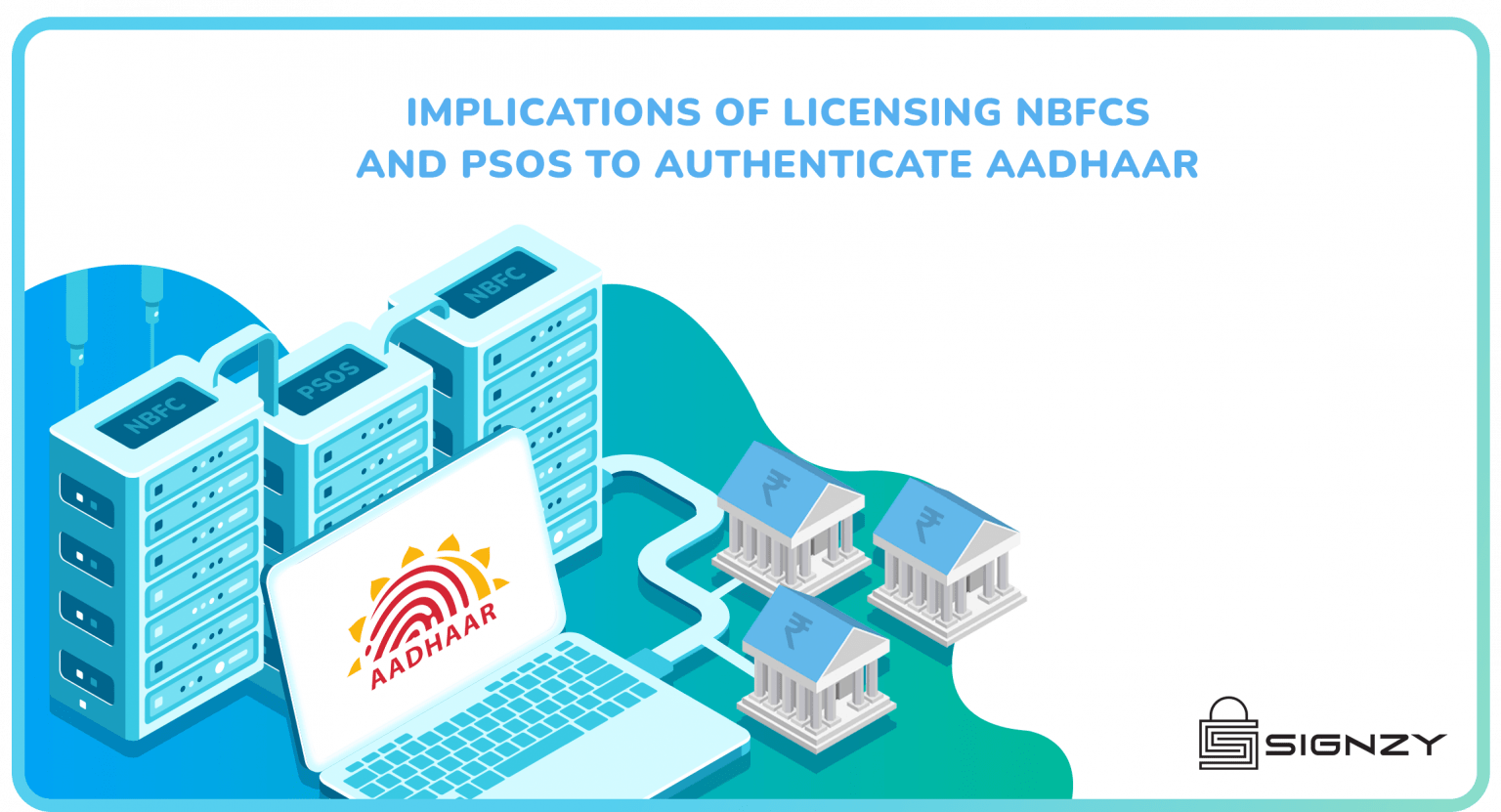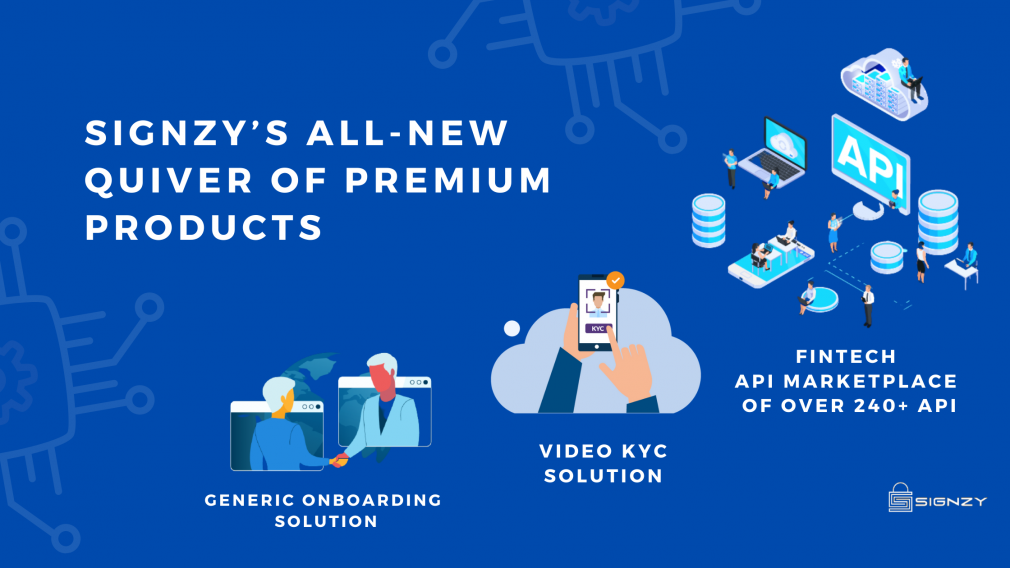The Future Of Fintech Industry’s Finest- 7 Predictions On Where It’s Headed
July 8, 2022
6 minutes read
In 2022, the fintech industry is estimated to be $179 billion. This is expected to reach $213 billion by the year 2024.
Knowing how big it will grow is helpful, but there is more than meets the eye. The intricate factors and latent possibilities drive the growth. Determining a probability for this in figures is near impossible. But we certainly can determine the possible tangents where the financial technology industry is headed.
Here are 7 predictions on how the fintech industry will be transformed.
Explore the future of financial technology with these metamorphosing predictions that range from hybrid cloud solutions to exponential computing processes. Not only is the fintech industry changing payment methods and investing options, but also how any business works.
Advanced Hybrid Cloud/Server Solutions
The unavoidable nature of a well-planned ecosystem strategy is crucial, as is effective and efficient orchestration. For example, open banking lets customers share their financial data with other apps and vice versa. In addition, real-time intelligent data integration is possible with hybrid cloud (cloud/server) solutions.
Cybersecurity Teams And Their Convergence
Cybersecurity and anti-fraud teams are conventionally separate departments in financial companies. They are usually focused on different threats and risk factors from various entities. As cyber fraud allows criminals to exploit this division blatantly, banks will soon rethink the organization of these teams. Crimes like synthetic identity fraud are aided by artificial intelligence, automation, and other banking technology, unlike traditional approaches to fraudulent theft. These separate teams will combine as banks and financial companies and institutions realize the joint expertise of cybersecurity managers and fraud investigators is required to combat these threats. Inadvertently, the CISOs – probably with the largest cybersecurity budgets compared to any industry by 2023- will take on the anti-fraud team’s responsibilities.
Defi Over Cefi
DeFi is short for ‘Decentralized Finance‘, also known as the Open Finance movement. At its foundation, it is a blockchain-based form of finance focusing on removing the conventional reliance on CeFi (Centralized Finance). Consider removing the requirement for intermediaries such as exchanges, brokers, or banks to handle settlements of any transactions and move that into a smart contract on the blockchain. The objective is to revolutionize finance and vest the power back to the relevant investors and funds. We are already headed in this direction and can expect DeFi to become a vital part of the financial ecosystem.
The Inevitability Of The Best Customer Experience
The financial services industry has refocused on putting consumers first. As a result, the current consumers are relieved and liberated with a wide range of products and services. This grants a newfound sense of power over their spending habits. With a rise in card-linked rewards, personalized loyalty programs, BNPL solutions, and much more, consumers have multiple choices on how and when their money is spent. As a result, banks and fintech need to evolve their offerings to meet customers’ demands constantly. This will continue well into the banking’s future, effectively making end-users the winners. The power vested has shifted to the consumers, and it is not going away anytime soon.
Newer Modes For Identification
The fintech industry will enable communities to create bank accounts without requiring KYC verification processes with identification documents that may not exist or be accessible. Moreover, by making it available for individuals to avail of financial services, it’s certainly possible to generate greater access to borrowing services, remittances, and even investment tools/options. These may pave the way to creating businesses, better debt management, and financial security.
Exponential Computing Power And Processes
By 2050, computing power and network speeds will handle unimaginable volumes of data. As a result, business and the financial technology sector will generally become more automated and real-time. Larger volumes of data will rapidly flow within and between many enterprises, and cognitive computing will enhance financial systems. With this, financial teams will no longer have to expend days or weeks collating and consolidating financial and operational factors for delivery to stakeholders. Instead, summarized financially and any operational data will be instantly available to executives on a real-time basis. This will support “right-time” decision-making.
Embedded Finance And Its Relevance
Embedded fintech will undoubtedly dominate the industry by 2030. This implies that financial services will not necessarily be offered as a stand-alone product. Instead, it will be a part of the primary user interface of other products. Good examples of embedded finance are Facebook Pay and Apple Card. By 2030, similar services will be crucial to the scene.
Leveraging The Fate Of The Fintech Industry
We can reasonably assume that the future of fintech is indeed engrossed in technological advancements. As banking technology metamorphosizes into newer forms and the financial industry explores novel venues, it is sensible to adapt to the changing time. Automation and artificial intelligence in the financial companies’ sphere is a good start. You will need to find reliable and efficient fintech service providers who will be available for your requirements. At signzy, we focus on this. Check out the webpage to know more.
About Signzy
Signzy is a market-leading platform redefining the speed, accuracy, and experience of how financial institutions are onboarding customers and businesses – using the digital medium. The company’s award-winning no-code GO platform delivers seamless, end-to-end, and multi-channel onboarding journeys while offering customizable workflows. In addition, it gives these players access to an aggregated marketplace of 240+ bespoke APIs that can be easily added to any workflow with simple widgets.
Signzy is enabling ten million+ end customer and business onboarding every month at a success rate of 99% while reducing the speed to market from 6 months to 3-4 weeks. It works with over 240+ FIs globally, including the 4 largest banks in India, a Top 3 acquiring Bank in the US, and has a robust global partnership with Mastercard and Microsoft. The company’s product team is based out of Bengaluru and has a strong presence in Mumbai, New York, and Dubai.
Visit www.signzy.com for more information about us.
You can reach out to our team at reachout@signzy.com.
Written By:

Signzy
Written by an insightful Signzian intent on learning and sharing knowledge.














